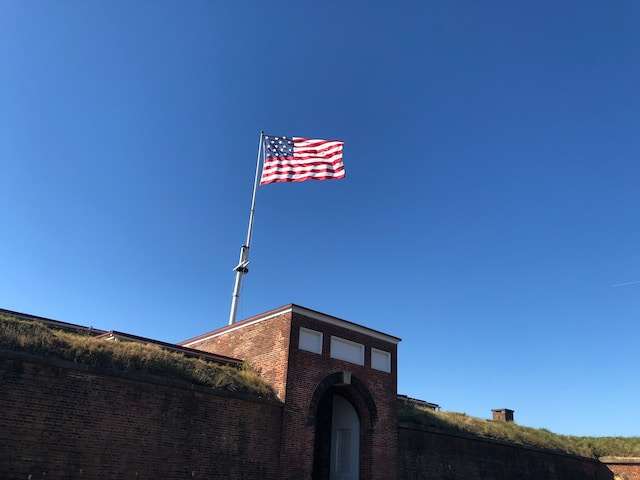7 Tips for Visiting Historical War Sites
0 View
Share this Video
- Publish Date:
- September 13, 2023
- Category:
- HOW TO -
- Video License
- Standard License
- Imported From:
- Youtube
Tags
Sponsored Area
TODAY'S ADVENTURE
7 Tips for Visiting Historical War Sites
Visiting a historical war site is like stepping back in time. What might now be a public museum or attraction used to be a war zone. This can be hard to imagine, but it’s a worthwhile exercise to show respect for the past and appreciation for the present.
Some top historical battle sites across the world include Normandy, France; Yorktown, Virginia; Dunkirk, France; Pearl Harbor, Hawaii; and Dover Castle, England.
Before visiting a historical war site, however, there are some guidelines you should follow. They include the following:
1. Plan your trip
A good trip requires good planning. That means making arrangements for travel and lodging beforehand. You might need to research public forms of transportation and book a hotel or short-term rental. You should also have a loose plan for where you will eat your meals. Will you dine at nearby restaurants, bring food, or cook on the road?
All of these are important considerations that can help you avoid a poor travel experience (or ruining the main event: the historical site).
2. Show respect
Once at the historical war site, it’s vital that you be respectful. This is likely a place where many have sacrificed their lives. Others may be suffering still, such as veterans who have been disabled or struggle with battle-induced diseases like mesothelioma.
The least you can do is show your respect by not being too loud, only taking pictures where permitted, and not touching or walking into areas that are prohibited. Also, don’t be looking down at your phone the entire time.
3. Stop by the visitor center
Most historical war sites have visitor centers where you can learn more about the place’s history. The visitor center may also have staff that can answer questions and provide further resources like pamphlets and books.
If you’ve never been to the historical site before, the visitor center is an excellent place to start your visit.
4. Book a guided tour
If you’re lucky, the visitor center will offer guided tours. These may be live tours conducted by staff members or self-guided audio tours. Either way, it’s a great opportunity to dive deep into history to learn more about what you are seeing. Follow the guide instructions and listen carefully.
5. Know the rules
Most historical war sites have rules for tourists. For example, you may not be allowed to take photos with a flash because it could damage older paintings and works of art.
Other rules might regulate where you can walk and how long you can stay. Get familiar with these rules so you don’t accidentally violate them and get in trouble.
6. Look with your eyes, not your hands
Often, museums and other sites don’t allow you to touch historical artifacts with your hands because it could get them dirty or even damage them. When in doubt, just look. You don’t need to touch something to appreciate it.
Also, definitely don’t climb on structures or leave trash behind. Such behavior can be a major sign of disrespect and may even get you in trouble with the law.
7. Record your experience
Lastly, pay attention to your feelings and impressions during your visit. Then write them down in a journal or a notebook. This is a great way to record your experience so you can remember it for years to come.
Final word
Visiting historical war sites can be a powerful experience that can leave a lasting impact. But it all depends on how you approach it. If you go into it casually, you might not appreciate the site’s significance. But if you prepare yourself, you’re more likely to.
The post 7 Tips for Visiting Historical War Sites appeared first on Travel Experta - Travel, Lifestyle, Freedom.
-
By: Marina 'Travel Experta'
Title: 7 Tips for Visiting Historical War Sites
Sourced From: travelexperta.com/7-tips-for-visiting-historical-war-sites/
Published Date: Tue, 12 Sep 2023 19:52:59 +0000











